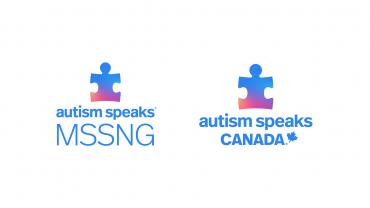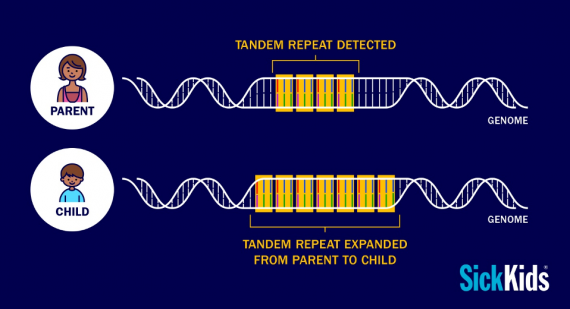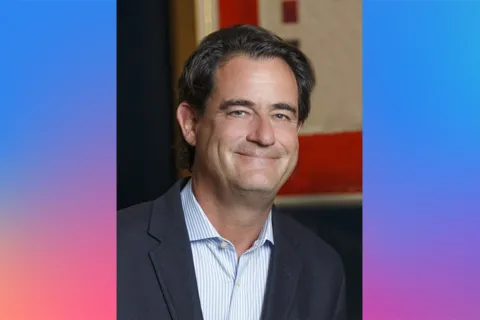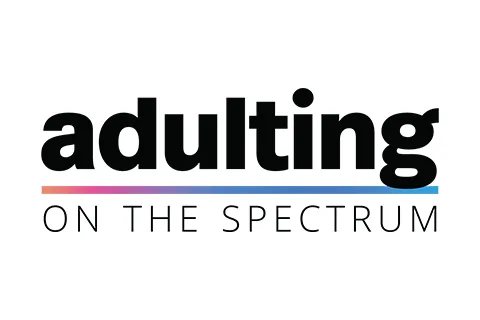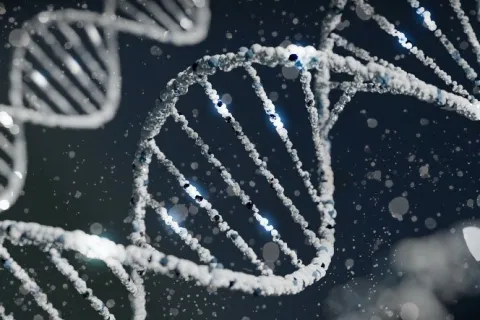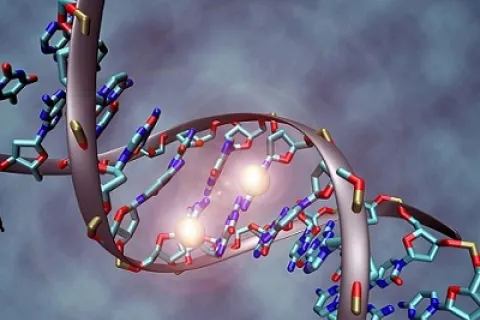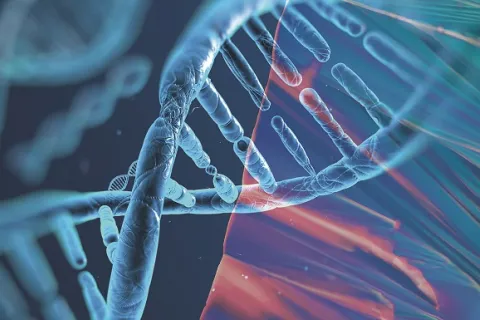SickKids researchers find new genes and variations linked to autism using Autism Speaks’ MSSNG data
July 27, 2020NEW YORK (July 27, 2020) – Researchers at The Hospital for Sick Children (SickKids) uncovered new genetic changes and specific genes linked to autism in a study using Autism Speaks’ MSSNG whole genome database.
Previous research estimates that genetic changes are the primary contributor for as many as 50 to 90 percent of people with autism, although a specific genetic change can be linked currently in only about 20 percent of people with autism.
The new study, published today in the journal Nature, found that tandem repeat expansions are linked to autism. Tandem repeat expansions are sections of DNA that get duplicated next to each other, in sequence, many times over, in the way one wrinkle in a piece of paper when photocopied becomes multiple wrinkles. The larger the number of repeats of that DNA wrinkle, the greater the chances are that the person will develop a genetic condition.
With a new data computing approach, Dr. Ryan Yuen, Ph.D., was able to quickly search for these wrinkles in people with autism, uncovering that these changes were likely contributing to the development of autism – and in several new areas of the genome that were not previously linked to autism.
“We’re effectively searching millions of repetitive regions of DNA simultaneously and decoding them in a way no one has ever been able to do,” says Yuen, principal investigator of the study, scientist in the Genetics & Genome Biology program at SickKids and an assistant professor in the Department of Molecular Genetics at the University of Toronto. “Our computational approach can determine the outliers – the tandem repeats that have an exceptionally high number of repetitions and could change how our genes function.”
This type of big data analysis is only possible with large databases of genetic information, such as the more than 11,000 whole genome sequences of people with autism and their families in the MSSNG database, but more importantly the approach MSSNG undertook, whole genome sequencing – looking at the entire DNA - was critical to finding these repeats in areas not previously studied.
“The important part of this discovery is that it defines a new biology for ASD that can help us define new targets and treatments,” said Dean Hartley, senior director of genetic discovery and translational science at Autism Speaks and a co-author of the study. “This groundbreaking finding is a great example of what the MSSNG project aims to achieve: to understand genetic contributions to autism that will help lead to new and personalized interventions for people with autism.”
The researchers will extend these findings into future studies to link certain DNA changes to subtypes of autism identified by their clinical symptoms, with the goal of accelerating precision diagnosis and personalized medicine for people with autism.
“In order to conduct a robust analysis, we drew upon Autism Speaks’ MSSNG, a growing whole genome sequence database of families affected by ASD who are keen to better understand the many questions we all have about the condition,” said Dr. Stephen Scherer, co-author of the study, director of The Centre for Applied Genomics (TCAG) at SickKids, and director of the McLaughlin Centre at the University of Toronto. “This discovery would not have been possible without the families who are as committed to scientific exploration as the researchers themselves.”
About Autism Speaks
Autism Speaks is dedicated to promoting solutions, across the spectrum and throughout the life span, for the needs of individuals with autism and their families. We do this through advocacy and support; increasing understanding and acceptance of people with autism spectrum disorder; and advancing research into causes and better interventions for autism spectrum disorder and related conditions. To find resources, join an event or make a donation, go to www.autismspeaks.org.
Learn more by following @autismspeaks on Facebook, Twitter, Instagram and LinkedIn.
About MSSNG
MSSNG is a groundbreaking project that is identifying and deepening our understanding of the many subtypes of autism, while supporting the development of more effective and personalized interventions to improve daily function, health and quality of life across the broad autism spectrum. Established through the generosity of several visionary philanthropic investors, MSSNG is the world’s largest open-access genome database on autism and the technological cornerstone of Autism Speaks vision to one day ensure that each child diagnosed with autism has a personalized treatment plan – unique and customizable across a lifetime. MSSNG is a collaboration between Autism Speaks, Autism Speaks Canada, Verily (formerly Google Life Sciences), DNAstack and Dr. Stephen Scherer’s laboratory at the Centre for Applied Genomics at The University of Toronto’s Hospital for Sick Children (SickKids).
About Autism Speaks Canada
Autism Speaks Canada is dedicated to promoting solutions, across the spectrum and throughout the life span, for the needs of individuals with autism and their families by supporting and working with community partners; enhancing resources and services; increasing understanding, acceptance and inclusion of people with autism spectrum disorder; and advancing research into causes and better interventions for autism spectrum disorder and related conditions.
Learn more and join the conversation at www.AutismSpeaks.ca, on Facebook, Instagram and LinkedIn @AutismSpeaksCanada, and on Twitter @AutismSpeaksCan.
# # #

